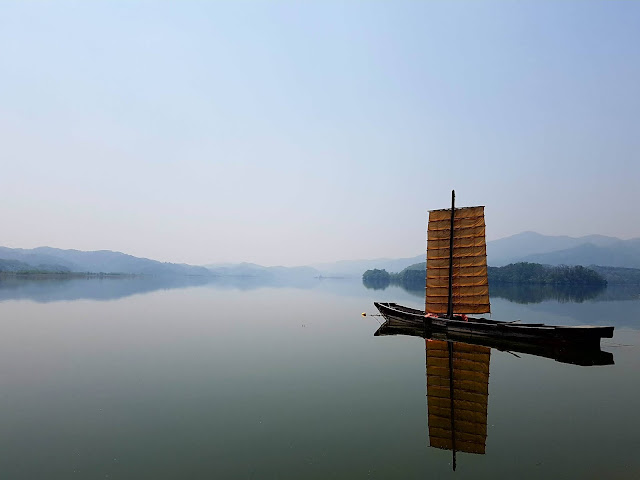After the Flat World

The world was flat. Then, it wasn't. We - those who benefitted from the flattening - think Donald Trump is an aberration, Brexit is a mistake and Putin is behind all this, stirring things up. We also believe that this would all go away, soon. We wish Trump will be out of office next year and Boris, with his fragile health, will be gone soon thereafter. And everything will be normal again. We are hoping the world will be flat again. In summary, we know that there is nothing wrong with our vision of flat world: It was the best thing that could have happened to humanity. That 'sound of business', the global rustle of money, is the coolest thing ever. But, then, come to think of it, even within the metaphor, the world was never really flat: Rather, it was like a chain made of little hierarchies everywhere. It was not about everyone having the same opportunity - the equality of conditions, as Michael Sandel would call it - but rather the opposite, little worlds of inequality j...




